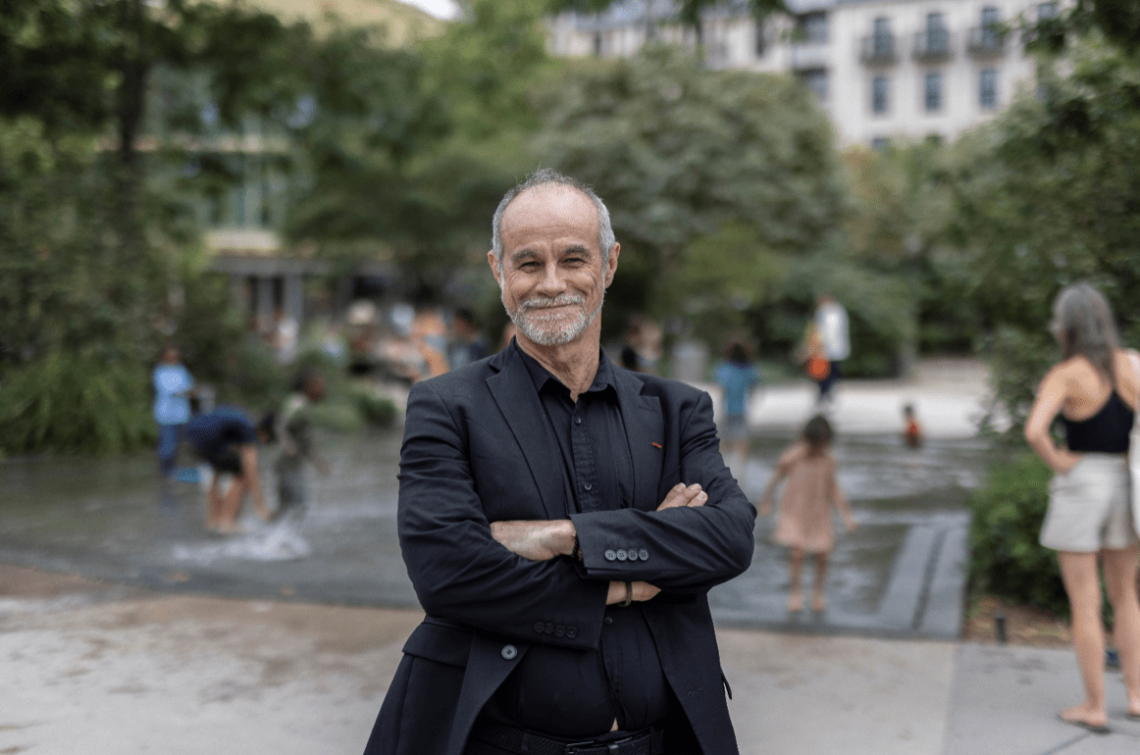The socioeconomic effects of the COVID-19 pandemic on cities have been devastating, resulting in growing inequality and unprecedented levels of unemployment worldwide. While cities experienced lockdowns to preserve decent levels of health, the issues connected to the development of the pandemic led to the necessity for reimagining and rethinking city planning, leading to the re-emergence of a concept, first offered in 2016 by Carlos Moreno: the “15-Minute City”. The concept, which offers a novel perspective of “chrono-urbanism,” adds to the existing Smart Cities theme.
Every individual has access to every necessity within 15 minutes of a low-carbon priority trip, either on foot or by bicycle, or by public transport. The concept implies not only a reduction in resource consumption but also a reduction in the need for long-distance transport in urban areas, with massive socially connected decentralisation, multi-purpose use of existing infrastructure, and a different way of living with happy proximity for a better quality of life. The concept is based on an innovative urban planning model established by Franco-Colombian scientist Carlos Moreno, a specialist in intelligent control of complex systems who saw the need for people-centered urban environments. The ’15-Minute City’ gained popularity as a consequence of its strong political branding and practical implementation.
The notion’s proposal has widespread coverage in the popular media, followed by its adoption at the policy level in Paris, sparking discussions in other global cities. The global network of climate cities, C40, adopted it at the outset of the pandemic and has since made it its disruptive urban flag for reinventing cities. There have been emerging variations of the concept have emerged, but they reflect the same fundamental philosophy: the convergence of “chrono-urbanism”, another rhythm of life, with “chronotopia”, the social multi-use of places and “topophilia”, an urban culture of proximity. These chrono-topo urbanist ideas are consistent with emphasizing the relevance of the combination of urban rhythms and the social use of places: specifically, space is only meaningful when it is combined with a time-based component with socially intensive use. Moreno’s Chrono – topo urbanism is an urban design philosophy that seeks to socialise and optimize the decentralisation of cities. This era would spell the end of the urban paradigm, with its distinct business, residential, commercial, and recreational zones separated by large distances. Inhabitants in this lifestyle spend much of their daily time commuting, often under bad conditions for themselves and the planet, to work, shop or play sports, sacrificing their personal, family, social, and even professional time as well as their sociability and quality of life. The “Sustainable Smart City” concept aligns with “chrono-urbanism”, “chronotopia” and promotes increased proximity and social interaction. This would be aided by significant technology breakthroughs, which have resulted in the invention of such creative urban planning models as the Human Smart City idea, which is built on the success of the digital revolution. The Human Smart City concept promotes the idea of small cities with everything at a reachable and accessible distance. The core idea of the Human Smart City concept is the deployment of various technologies to optimize various urban functions.
Moreno “The Award Winner”
Carlos Moreno was awarded the Knight of the Legion of Honor by the French Republic in 2010. In 2019, he received the Foresight Medal from the French Academy of Architecture. He was awarded the coveted Obel Award 2021 for his work on urban and territorial proximity, as well as its worldwide impact. In November 2021, he earned the Leadership Award at the World Smart Cities Awards, which were held by the Smart City Expo World Congress. Carlos Moreno was awarded the UN-HABITAT “Scroll of Honor” 2022 for inventing the concept of the 15-Minute City, one of the world’s most prestigious accolades given to persons who strive for global sustainable urbanization.
Moreno works to establish a vision of the Smart City as the head of the Scientific Committee for the International Forum of the Human Smart City. The goal is to create one that emphasizes the needs and quality of life of its citizens through its services and uses. Moreno, complex systems, robotics, and artificial intelligence researcher, contrasts this notion with a new vision of the living city. Professor Moreno’s work aims to inspire a change in people’s lifestyles and urban settings, in addition to providing answers to challenges encountered by cities, capitals, and territories. A healthy atmosphere makes it simpler for people to operate and motivates them to achieve better. People can help enhance it by taking action against things that disrupt the living environment.
The world surely requires technological progress to construct more compact cities. Mobile platforms or cycling in cities might be examples of technology disruptions and progress that shape cities of the future. We require technology to increase likeability, shareability, and even things like a participatory budget. Carlos Moreno’s study addresses the core concerns confronting cities, metropolises, and territories in the twenty-first century. As a result, he has received a unique perspective on their operation, challenges encountered, and solutions employing an innovative method. Many of his ideas have gained popularity and are employed all over the world. His concepts are featured in his different publications as well. Carlos Moreno has received several prizes and distinctions for his dynamic efforts in innovative strategies involving technology.


